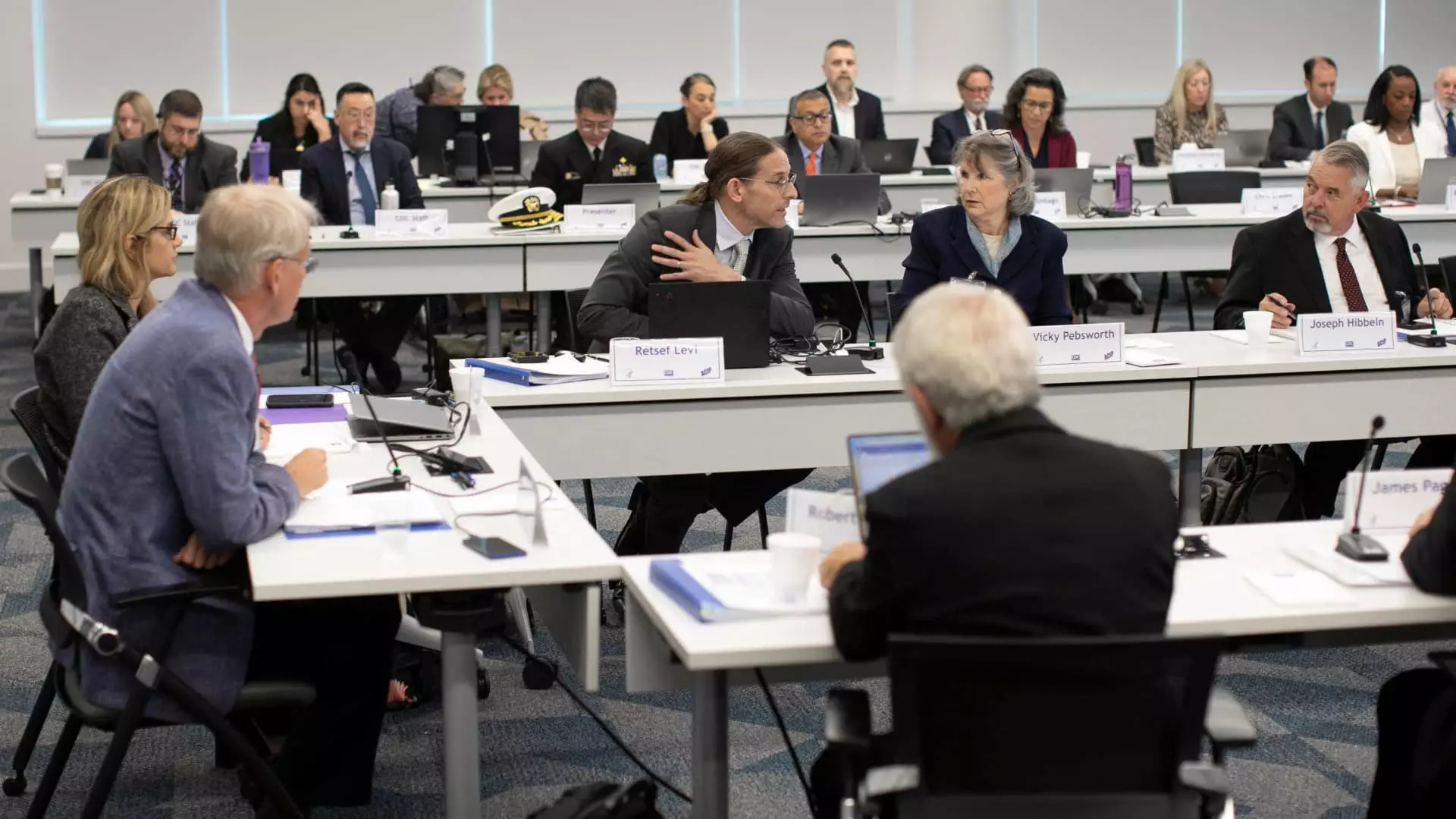In recent months, a disturbing shift has taken hold within the landscape of public health decision-making concerning COVID-19. What was once a unified, science-backed consensus on universal vaccination has been subtly dismantled, replaced by an increasingly fragmented and ambiguous approach. The decision by the Advisory Committee on Immunization Practices (ACIP) — arguably one of the most influential bodies shaping vaccination policy in the United States — to weaken COVID shot recommendations reflects a troubling move away from collective health responsibility toward individual discretion. While proponents may argue this is an exercise in personal freedom, the reality is that such a shift fosters confusion, fuels misinformation, and undermines the very public health infrastructure designed to protect us all.
Historically, public health guidance emphasized clear, universal recommendations based on rigorous scientific evidence. This clarity was crucial in building public trust and ensuring broad immunity. However, recent alterations, including encouraging Americans to “consult their healthcare providers” before deciding on vaccination, introduce an unnecessary layer of complexity. The suggestion that vaccination becomes a personal choice, especially for populations at low risk, clouds the objectives of public health—namely, community protection and reduction of disease burden. It sends a dangerous message that vaccine safety and efficacy are up for debate, even when data overwhelmingly supports their benefits. When authorities start to dilate the lines of consensus in their guidance, they risk sowing skepticism and enabling partisan divides to infiltrate science-based health decisions.
The Concerning Influence of Political Appointments on Scientific Integrity
The shake-up at the CDC and the appointment of Robert F. Kennedy Jr. to oversee vaccine advisory panels exemplify how political motives are increasingly tainting public health policies. Kennedy, known for his controversial views on vaccines, appears to have influenced the composition of the panel, leading to tangible policy shifts. This politicization is not benign—it substantially erodes the credibility of health agencies and jeopardizes evidence-based practices that have effectively curbed disease transmission for decades.
The fact that some members of the panel questioned the safety and efficacy of mRNA vaccines during recent meetings signals a departure from rigorous scientific discourse. While dissent in science is healthy when rooted in data, the pattern here suggests a strategic effort to cast doubt on proven technologies. It is alarming that the panel’s chair expressed uncertainty about whether private insurers will continue coverage for vaccines, despite assurances from government plans. This inconsistency creates a confusing patchwork in vaccine access, risking the erosion of equitable healthcare and vaccination rates—particularly among vulnerable populations.
Furthermore, this politicized environment fosters the perception that vaccine policies are influenced more by ideology than by empirical evidence. Such perceptions drastically diminish public trust, especially among communities already skeptical of governmental interventions. When science becomes entangled with politics, those on the fence or previously hesitant may increasingly opt out of vaccination, unwittingly compromising collective immunity.
The Consequences of Weakened Vaccination Strategies
Lower vaccination rates driven by ambiguous or weakened recommendations pose serious risks to public health. Recent studies suggest that if the U.S. maintained its previous universal vaccination policies, thousands of hospitalizations and deaths could have been prevented. Not only does this highlight a failure in policy communication, but it exposes the long-term consequences of undermining established health frameworks.
While some critics argue that COVID vaccines are overhyped or risky, the bulk of scientific evidence supports their continued safety and effectiveness. The rare adverse effects pale in comparison to the tremendous toll inflicted by uncontrolled outbreaks, especially among high-risk groups like the elderly and immunocompromised. It’s crucial to recognize that the true danger lies in allowing misinformation and political interference to dictate health strategies—not the vaccines themselves.
Skeptics may argue that emphasizing individual choice aligns with liberal principles of personal autonomy. However, this overlooks the fact that vaccination is not merely a personal decision but a social contract. When individuals choose to forgo vaccines, they endanger others, particularly those who cannot be vaccinated for medical reasons. A balanced middle ground exists—one that respects personal liberty without sacrificing community safety. Shallow compromises rooted in misinformation threaten to fracture this balance and damage the fabric of public health efforts.
A Fragile Future or a Necessary Reassessment?
The trajectory of COVID-19 vaccination policy in the U.S. appears to be at a crossroads. We are witnessing a shift that favors personalized, nuanced decision-making over robust, universal recommendations. While encouraging informed choice is reasonable to an extent, it cannot replace clear, science-based guidance that has proven essential in pandemic control. The weakening of federal recommendations, coupled with inconsistent state policies and a politicized environment, risks leaving the population vulnerable to preventable disease resurgence.
We must confront the uncomfortable truth: this path risks more harm than good. If trust in scientific authorities continues to erode and vaccination becomes an individual gamble rather than a societal duty, we may find ourselves confronting new waves of illness, hospital overloads, and unnecessary deaths. The challenge now is to restore a sense of unified, transparent public health governance rooted in empirical evidence—an effort that requires integrity, courage, and a steadfast commitment to protecting every American, regardless of political inclination or personal belief.

